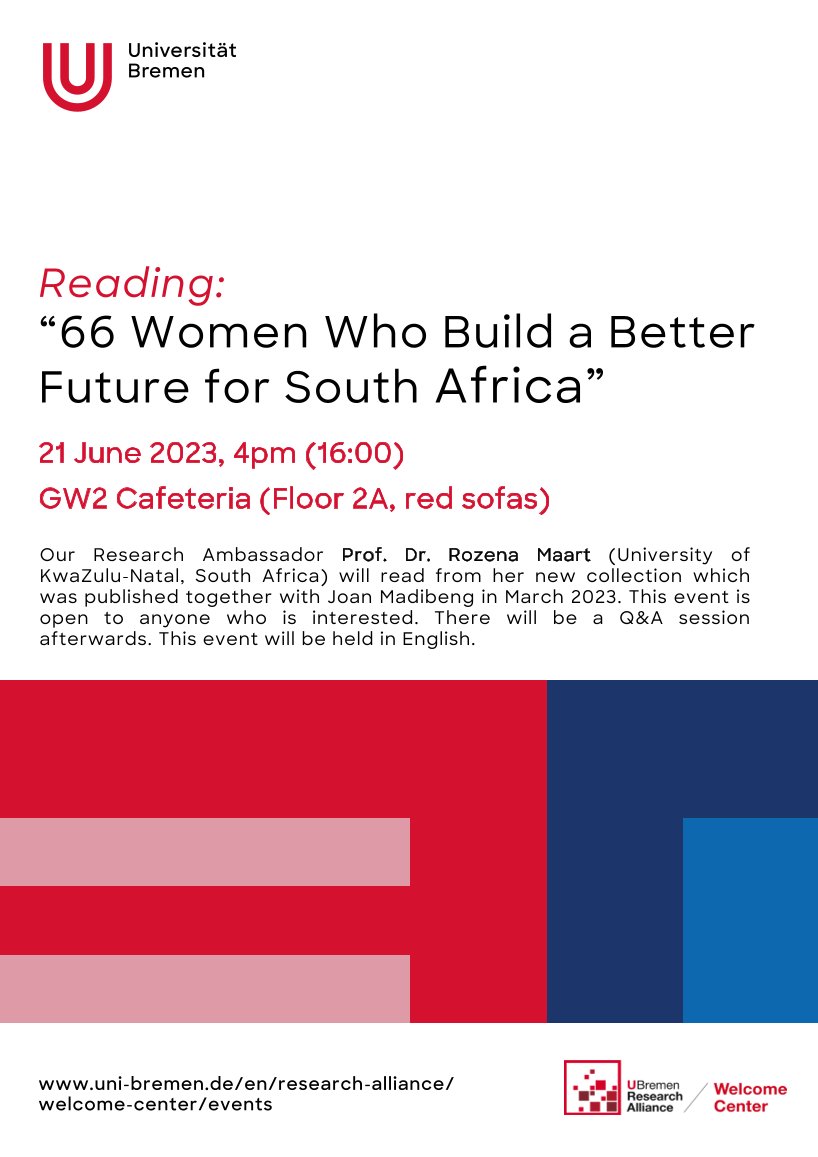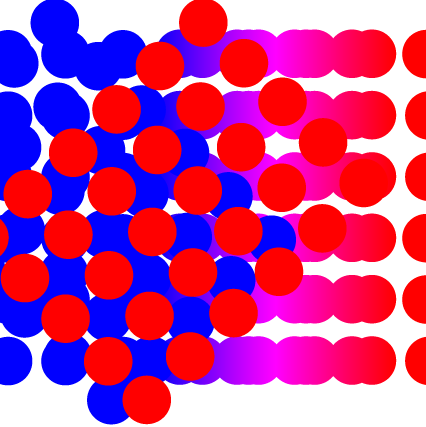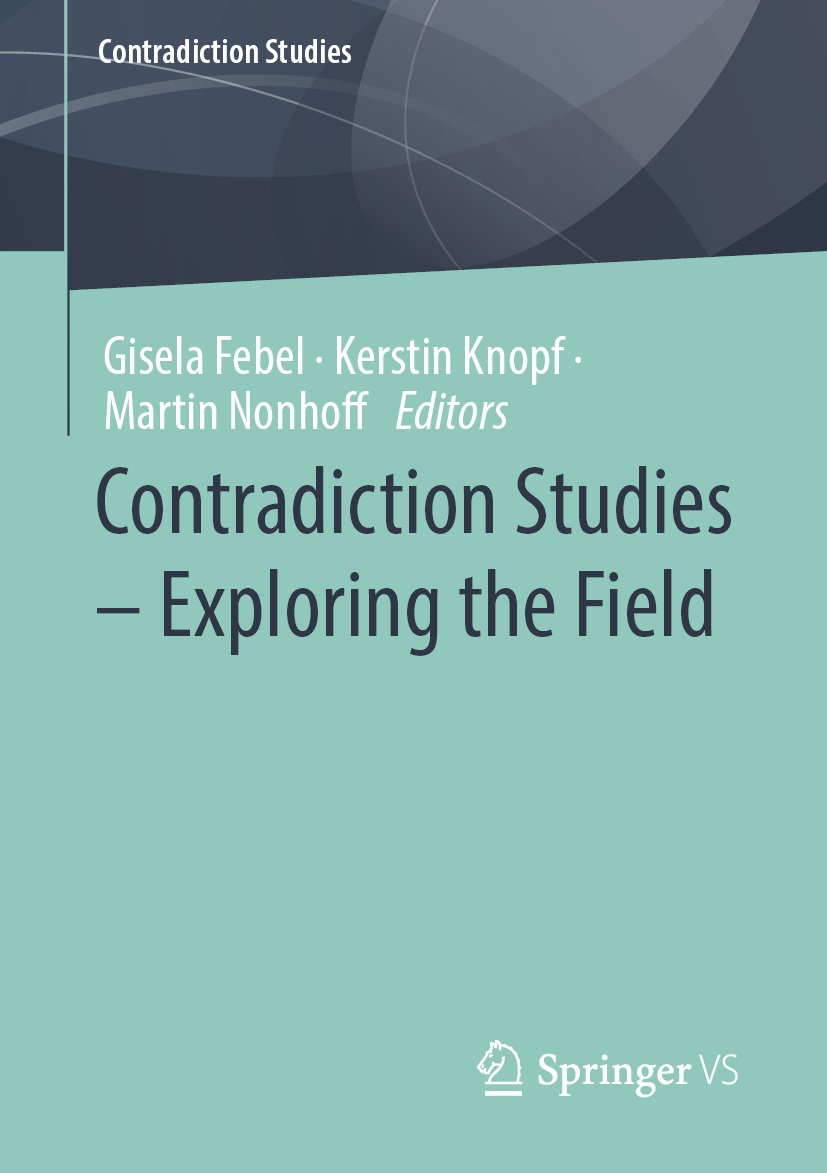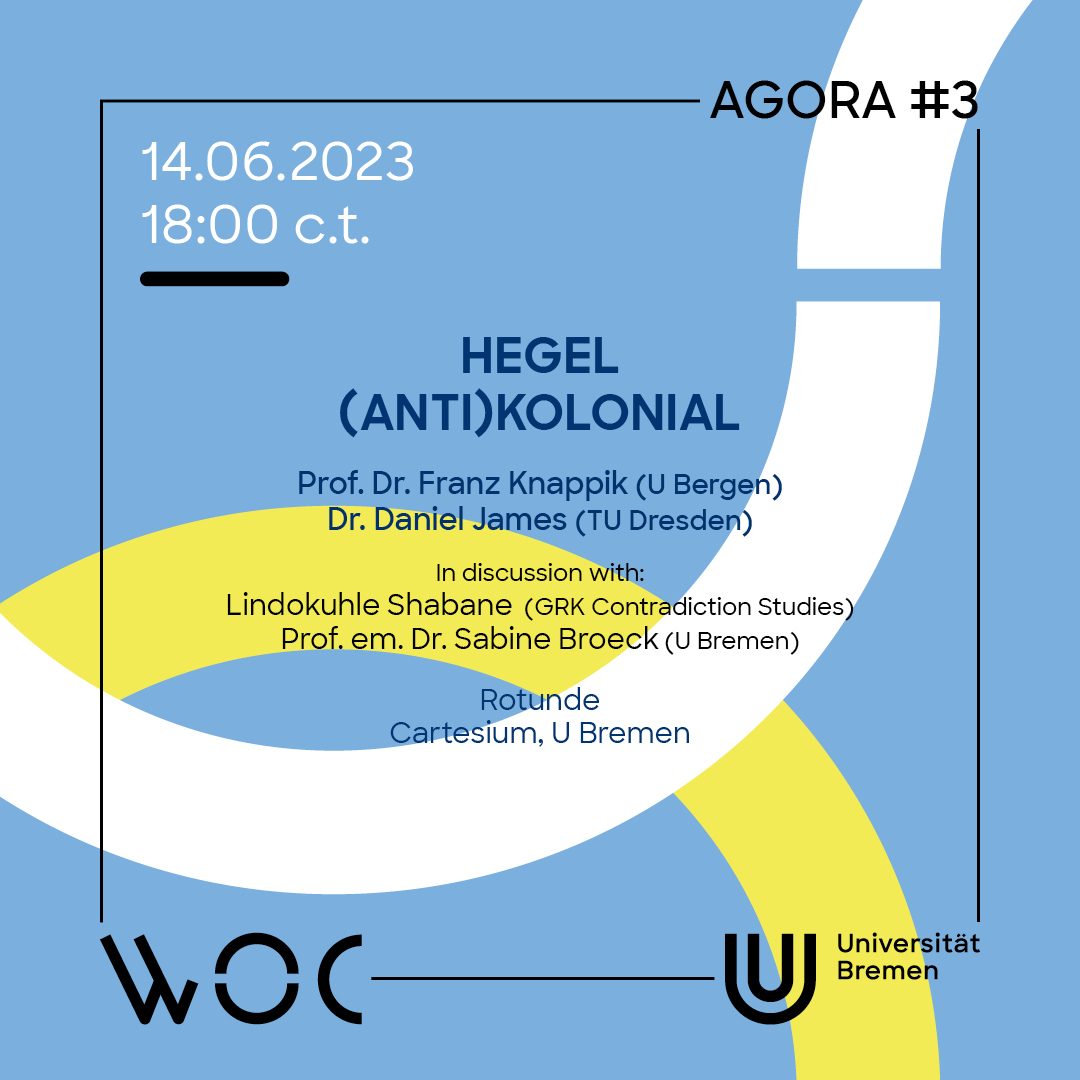Veranstaltungen
Vergangene Termine
-
 66 Women Who Build a Better Future for South Africa
66 Women Who Build a Better Future for South AfricaProf. Rozena Maart (University of
KwaZulu-Natal, South Africa) will read from her new collection which
was published together with Joan Madibeng in March 2023. This event is
open to anyone who is interested. There will be a Q&A session
afterwards. This event will be held in English.
-
 Unpacking Coloniality. Towards a Critical Engagement with Modern Discourse
Unpacking Coloniality. Towards a Critical Engagement with Modern Discourse
-
 Blackness as a Universal Claim. Holocaust Heritage, Noncitizen Futures and Black Power in Berlin
Blackness as a Universal Claim. Holocaust Heritage, Noncitizen Futures and Black Power in BerlinDamani Partridge from U Michigan discusses his new book Blackness as a Universal Claim. Holocaust Heritage, Noncitizen Furtures and Black Power in Berlin with Rozena Maart (U KwaZulu-Natal) and Lewis R. Gordon (UCON), moderated by Katrin Antweiler (IfEK/WoC, U Bremen).
-
 Black Existentialism and Decolonizing Knowledge
Black Existentialism and Decolonizing KnowledgeDrawing upon ideas from Fear of Black Consciousness
(Penguin, 2022) / Angst vor Schwarzem Bewusstsein
(Ullstein Verlag, 2022), this talk will offer a portrait
of Black existentialism, summarizing some of its key
problematics with emphasis on problems wrought
from Euromodern colonization of knowledge. The talk
will conclude with a discussion of what decolonizing
knowledge entails.
-
 The Allures and Pitfalls of Hashtag Acitivism
The Allures and Pitfalls of Hashtag Acitivism
-
 Contradiction Studies. Exploring the Field
Contradiction Studies. Exploring the Field“Contradiction” is a core concept in the humanities and the social sciences. Beside the classical ideas of logical or dialectical contradiction, instances of “lived” contradiction and strategies of coping with it are objects of this study. Contradiction Studies discuss the many ways in which explicit or implicit contradictions are negotiated in different political or cultural settings. This volume collects articles that tackle the concept of contradiction, practices of contradicting and lived contradictions from a number of relevant perspectives and assembles contributions from linguistics, literary studies, philosophy, political science, and media studies.
-
 Hegel (anti)kolonial
Hegel (anti)kolonialHegel arguably developed and disseminated racist and pro-colonialist views. At the same time, he has been a source of inspiration for generations of progressive philosophers, incl. thinkers in the Black radical tradition and their accounts of liberation. „Hegel(anti)kolonial“ is a project that aims to examine this ambivalent colonial legacy, both by discussing Hegel’s own texts and thought and by exploring issues of race and colonialism in traditions of post-Hegelian thought. In this talk, we exemplify this approach by focusing on one key instance, the topic of transatlantic slavery. In lectures and publications during his Berlin period, Hegel provides a series of comments on transatlantic slavery that we discuss in the first part of our talk. Constructing the debate on the abolition of slavery as an ‚antinomy‘ between anti- and pro-slavery views, he argues that slavery ultimately has to be overcome, but he also holds that as a tool for ‚disciplining‘ people of African descent (who, on his degrading account, lack the mental preconditions for a life in freedom) slavery is provisionally legitimate, and should not be abolished immediately. Hegel’s partial defense of slavery draws on his famous ‚master-slave‘ dialectic, which later would become a point of reference for various authors in the Black radical tradition. Among them, the second part of our talk singles out Angela Davis, who discusses the master-slave dialectic in her 1970 Lectures on Liberation, through the lens of Frederick Douglass’s account of his liberation. As we will show, Davis separates the ‚master-slave‘ dialectic from its apologetic context and drops the racialist background assumptions that supported Hegel’s partial defense of slavery. Instead, she emphasises the role of struggle (as opposed to ‚discipline‘) in liberating the enslaved. Davis, too, conceptualizes these issues in terms of a contradiction, but she locates it elsewhere than Hegel with his ‚antinomy‘ of slavery − namely, in the ‚paradox‘ of bourgeois philosophy that claims freedom for all humans, while de facto denying it to many.
-
 (Breaking) Barriers in Academia: Mapping the Field
(Breaking) Barriers in Academia: Mapping the FieldThe dominant understanding of academia assumes that beneficial participation for all involved (students, early career researchers, academic staff…) is based primarily on the ability to make a valuable intellectual contribution to research. In reality, however, universities – and higher education as a whole – are complex social systems in which the agency and access of each individual is determined in multiple ways, including by gender, ethnicity, social class, and health status. These determinations can create powerful cultural and social barriers and inequalities. In the panel discussion „(Breaking) Barriers in Science: Mapping the Field,“ we will try to overcome the taboo of not addressing them, identify the most common types of barriers, consider strategies for addressing them, and narrow down the future content of our Navigating Academia series.v
-
 Material-Discursive Apparatusses and Hormonal Bodies. Living in Contradiction to Gender-Binary Biopolitics
Material-Discursive Apparatusses and Hormonal Bodies. Living in Contradiction to Gender-Binary Biopolitics
-
 Desire, That Obscure Subject. The Contradictory Role of Desiring Bodies in Contemporary Movements
Desire, That Obscure Subject. The Contradictory Role of Desiring Bodies in Contemporary Movements

